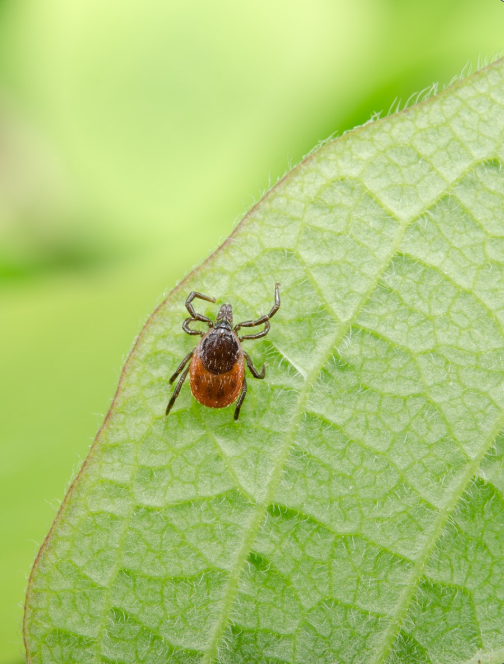Lyme disease is the most common tick-borne illness in North America and Europe. Lyme disease is caused by the bacterium Borrelia burgdorferi. Deer ticks, which feed on the blood of animals and humans, can harbor the bacteria and spread it when feeding.
Donor requirements for participation:
- You must be clinically diagnosed by a medical professional. Confirmation of the diagnosis and/or treatment must be verified with your physician.
- Be pre-screened to determine eligibility.
- You’re willing to donate plasma through the apheresis process.
- You must have a photo ID and be able to provide your social security number or proof of citizenship.
- You must be at least 18 years old.
- You must weight at least 110 lbs.
- You must disclose if you have ever been diagnosed with Hepatitis C and/or HIV.
For questions and concerns about requirements or participation, contact us at (833) GO-4-CURE.
Symptoms
The signs and symptoms of Lyme disease vary and usually affect more than one system. The skin, joints and nervous system are affected most often. Early stage symptoms include rash and flu-like symptoms while later stage symptoms include joint pain and neurological problems.
Treatment
Antibiotics are used to treat Lyme disease. In general, recovery will be quicker and more complete the sooner treatment begins. If the disease involves the central nervous system, IV antibiotics may be recommended.
This information is not meant for clinical diagnosis, but as an educational resource derived from Mayo Clinic.
Discovering that you have been infected with a disease can be overwhelming with many unanswered questions and concerns. One that may come to mind is “how can I help someone else that may go the same process and struggles that I have experienced?” You can help by becoming a Specialty Antibody donor!
Participating in research allows scientists and clinicians find new treatments, tests and quicker diagnostic methods to improve patient outcomes and, hopefully, prevent the disease from spreading.


DO NOT SELL OR SHARE MY INFORMATION
M-Th: 7 AM - 3 PM
F: 8:30 AM - 10:30AM
M-F: 7:30 AM - 3:30 PM
Programs:
Bone Marrow, Whole Blood, White Blood Cells
M-F: 6:00 AM - 12:00PM
Programs:
Whole Blood, White Blood Cells
M-Th: 7 AM - 3 PM
F: 7 AM - 12 PM
Programs:
Whole Blood
M-Th: 8:30 AM - 3 PM
F: 8:30 AM - 12 PM
Programs:
Whole Blood, Plasmapheresis
M-Th: 7 AM - 3 PM
F: 8:30 AM - 1:00 PM
Programs:
Whole Blood, Plasmapheresis, White Blood Cells